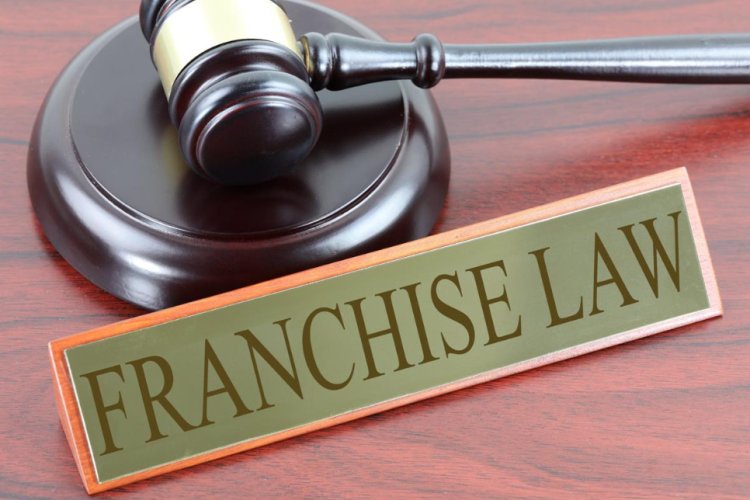The Essentials of Franchise Law: Handling Agreements, Contracts, and Regulations

Starting a business under a well-known brand with track record of success might be an exciting prospect for entrepreneurs. But in all of the excitement, it's important to remember the legal consequences of franchising. Protecting the franchisor as well as the franchisee requires an understanding of franchise agreements, contracts, and regulations.
We'll go into the fundamentals of franchising law in this blog and offer tips for negotiating the complex legal system.
Reading Franchise Agreements
A legally enforceable contract between the franchisor and the franchisee, the franchise agreement is the foundation of every franchise relationship. The rights, duties, and obligations of each side are described in this paper. Generally speaking, franchise agreements address things like territory rights, operational rules, training needs, and terms for renewal or termination. Before signing, it is imperative that both parties carefully read and comprehend the provisions contained in the franchise agreement.
Adhering to Franchise rules
Both federal and state rules and regulations apply to franchising. For instance, the Franchise Rule, which requires franchisors to send prospective franchisees a Franchise Disclosure Document (FDD) including crucial information about the franchise opportunity, is how the Federal Trade Commission (FTC) governs franchising in the United States. Further, franchisors and franchisees are subject to the particular franchise regulations of various states. Maintaining the integrity of the franchise system and staying out of legal hot water need adherence to these rules.
Protecting Intellectual Property Rights
Using the franchisor's intellectual property, which includes trademarks, trade secrets, and proprietary systems, is one of the main advantages of franchising. Usually, franchise agreements contain clauses to protect these intellectual property rights and stop franchisees from using or infringing upon them without authorization. In order to keep the integrity and consistency of their brands throughout the franchise network, franchisors must proactively safeguard their intellectual property through trademark registration, confidentiality agreements, and enforcement procedures.
Handling Disputes
Franchisees and franchisors may have disagreements even with the greatest of intentions to set up explicit policies and processes. These conflicts might have anything to do with suspected franchise agreement violations, operational problems, or contractual challenges. Both sides must have procedures in place, whether they be mediation, arbitration, or negotiation, for settling disagreements amically. Franchise agreements should have strong dispute resolution provisions since in situations when disagreements cannot be settled amicably, franchisors and franchisees may file lawsuits.
Seeking Legal assistance
Both franchisors and franchisees would be well advised to seek legal assistance from seasoned franchise attorneys because of the intricate nature of franchise law and the possible ramifications of legal issues. Throughout the franchise process, from examining and negotiating franchise agreements to guaranteeing adherence to regulatory standards and settling conflicts, franchise lawyers can offer insightful advice and support. Putting money into capable legal counsel will help to reduce risks, safeguard interests, and promote a win-win partnership between franchisor and franchisee.
CONCLUSION
In summary, it takes careful thought, effort, and following of established legal frameworks and best practices to successfully negotiate the legal facets of franchising. Through knowledge of franchise agreements, adherence to laws, protection of intellectual property rights, early resolution of conflicts, and consulting with a qualified attorney, franchisors and franchisees can establish a strong basis for a profitable and mutually beneficial franchise relationship.
In the end, encouraging openness, confidence, and long-term viability inside the franchise ecosystem depends critically on giving legal requirements first priority in franchising.
What's Your Reaction?


















